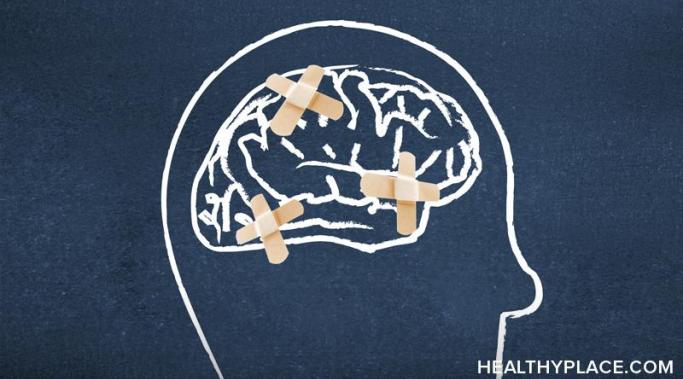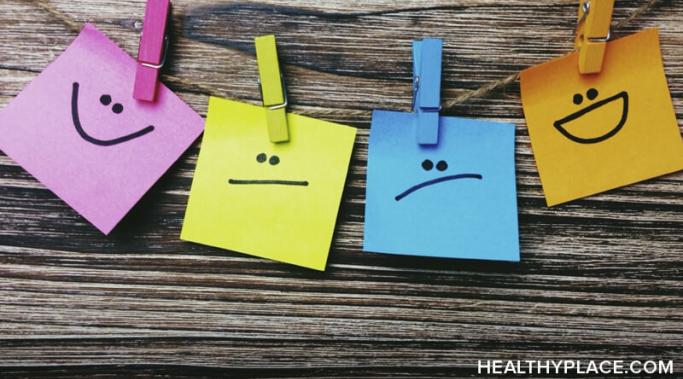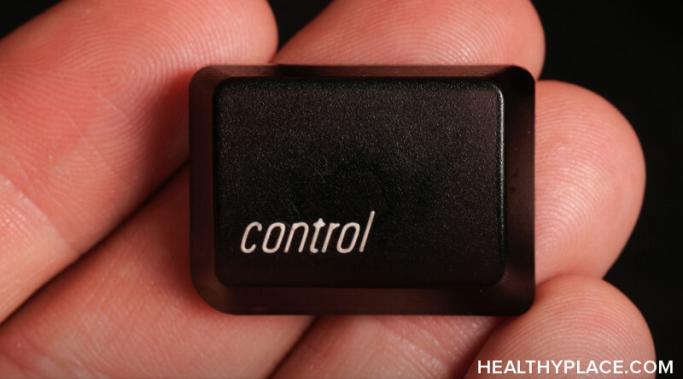There is no denying that nearly all mental health diagnoses are shrouded in stigma and pejorative views. When it comes to addiction and substance use disorders, this stigma has the potential to take on a dangerous form. From my experience, those grappling with addiction rarely receive adequate social sympathy, and this lack of support has the potential to exacerbate symptoms. In fact, research shows that those who experience stigma are less likely to seek out treatment for their substance use. As someone who has struggled with addiction, I can assure you that there are right, and overtly wrong, ways to communicate with someone who is dealing with addiction.
Healthy Relationships
Do you have phone anxiety? In our current society, there are nearly endless forms of communication. With these new forms of communication comes new anxiety. After all, there is no denying that a lot can be lost in translation when communicating via technology, as opposed to catching up with someone face-to-face. Add a dash of generalized anxiety disorder into the mix, and this phone anxiety can skyrocket and become nearly unbearable. Here are some ways that I have learned to cope with phone anxiety.
It was not until I experienced a loss that I felt like I truly knew how to support a grieving friend through the grief process. Grief is inevitable and life is riddled with loss, whether it be in the form of death or a devastating breakup. Therefore, there is going to be a point in your life where you are going to be the shoulder to lean on. There are appropriate ways to help someone who is going through a hard time and there are inappropriate ways (such as not being there for someone at all). Here are some helpful hints for supporting a grieving friend.
If you want to get on my bad side (for a few weeks, at least), appropriating my mental health is the swiftest and surest way to land yourself there. When I use the word "appropriate" I mean the seizing and claiming of something for oneself, in this context, a mental disorder.
Years ago, I was the queen of passivity, but the dialectical behavior therapy (DBT) FAST skill helped me overcome it. It used to be that I avoided conflict and difficult conversations at all costs and refused to put my needs and desires first. I would come up with scripts in my head of what to say; however, as soon as an intense conversation would begin, I felt my self-respect fade away ("Show Yourself Respect: How to Communicate with Confidence"). I wished that I could trade in my copious amounts of passivity for self-respect, but something always got in the way. Fortunately, in the past year, I have learned how to maintain self-respect during a conflict by following a few simple steps set out by the DBT FAST skill.
There are difficulties with mental health therapy that you should know about when being treated for a chronic illness. I thought mental health therapy was going to be easy -- but it isn't. I experienced three difficulties with mental health therapy that I'd like to share.
I learned that relationships in depression are so important when my doctor prescribed prednisone to treat my autoimmune disease. Although he talked about its side effects, he failed to include depression as one of them. The first time I took the drug was an unpredictable blow that wreaked havoc on my life and my relationships.
You can cope with eating disorder triggers even though, as I often describe an eating disorder, there is a stubborn, little monster in the back of your head. It may lay dormant for days, months, even years, but when it arises, it wreaks havoc.
Although many people struggle to set boundaries in relationships, doing so can drastically improve your mental health in the long run. For years, I would passively agree to anything that anyone asked of me. If I wanted to say no, my anxiety and depression would infiltrate into my thoughts, telling me that I had to go above and beyond to make people approve of me. I was seeking approval and admiration in the least healthy ways, and this began to take a toll on my mental health. Eventually, I felt empty. Setting boundaries in relationships has a lot to do with self-care, in my opinion. If you are feeling burnt out from a lack of pre-set limits, you are swiftly losing your emotional energy and potentially your sense of self.
There are several effects selective-serotonin reuptake inhibitors (SSRIs) might have on your relationships. Here are three common ways an SSRI might affect your romantic relationships.









